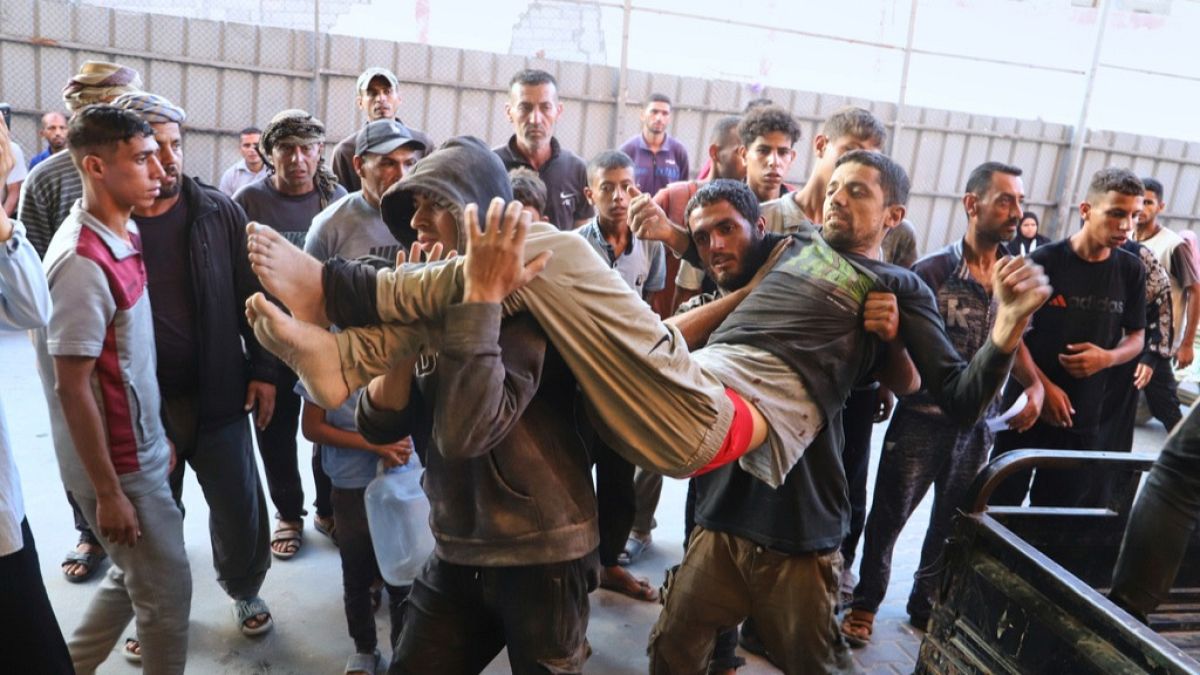

In recent times, the world has witnessed escalating tensions and humanitarian concerns in different regions, such as Gaza and Ukraine, coupled with glimpses of potential resource-driven opportunities for development. These scenarios offer a complex tapestry of trials and potential solutions, reminding the global community of the pathways that could lead to a more peaceful and sustainable future.
The ongoing situation in Gaza remains precarious, with violence affecting civilians amid calls for humanitarian intervention. Recent encounters have resulted in tragic loss of life, with 32 Palestinians reportedly shot by Israeli troops as they made their way to a food distribution site. As the conflict continues to claim lives, including those of 93 individuals reported by Gaza’s civil defense agency, thoughtful voices from around the globe are appealing for restraint and peace. Pope Leo XIV has condemned the “barbarity” and “indiscriminate use of force” in the ongoing conflict, expressing anguish over an attack on Gaza’s only Catholic church.
The backdrop of this unrest highlights deeper systemic issues in the region, encapsulated in the current debate over distribution and access to aid. Israel and the United States have advocated for a new approach via the Gaza Humanitarian Foundation, intended to replace the existing system arranged by the UN. However, critics argue that this new framework might politicize aid distribution, exacerbating tensions and complicating relief efforts.
Meanwhile, a different narrative unfolds around the potential for economic development through natural resources. Experts in the field suggest that recognition of Palestinian statehood could pave the way for utilizing the Gaza Marine gas field. This endeavor could potentially transform economic dynamics in the region, providing a substantial revenue stream that might reduce Palestinian reliance on international aid. Michael Barron, an expert on Palestine’s gas reserves, proposes that with current market conditions, the Gaza Marine field has the potential to generate significant revenue, offering hope for a brighter financial future for the Palestinian Authority.
Beyond the Middle East, the conflict in Ukraine persists as Russian military actions continue to impact civilian areas. A recent wave of attacks marked by over 300 drones and 30 missiles targeted major cities such as Odesa. This development underscores ongoing geopolitical tensions and the need for measured responses that prioritize civilian safety and uphold international peace agreements.
These multifaceted situations present both daunting challenges and transformative possibilities. The path forward requires collaboration, compassion, and innovation to navigate the complexities of conflict, resource management, and human dignity. As the world watches these events unfold, the collective hope is that peace will prevail, leading to an era of stability and prosperity for all involved.
Source: {link}
